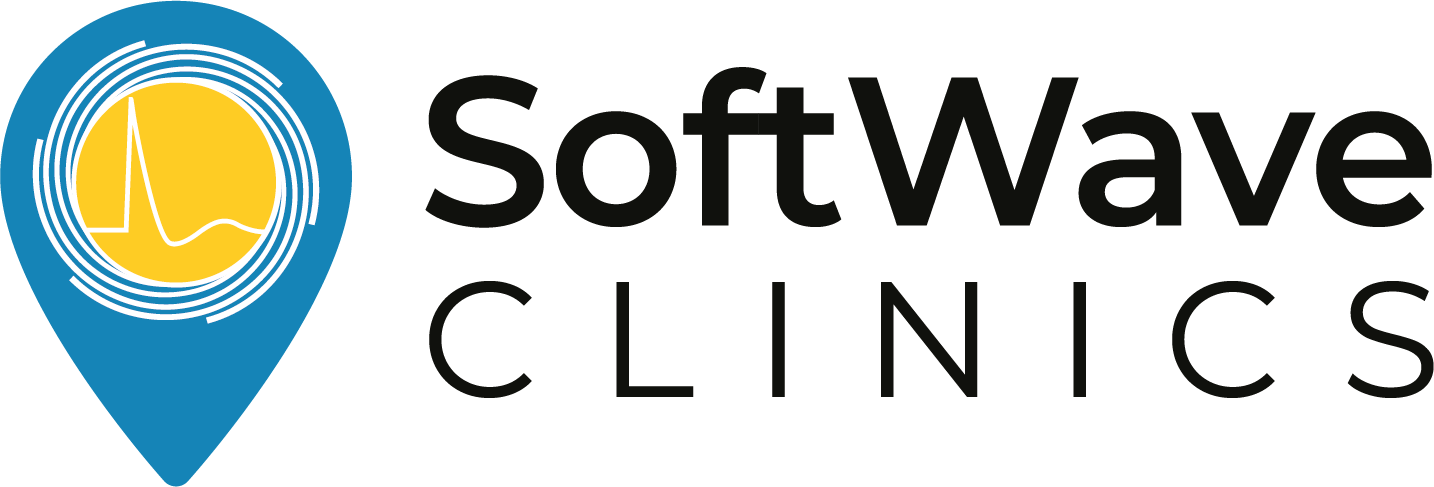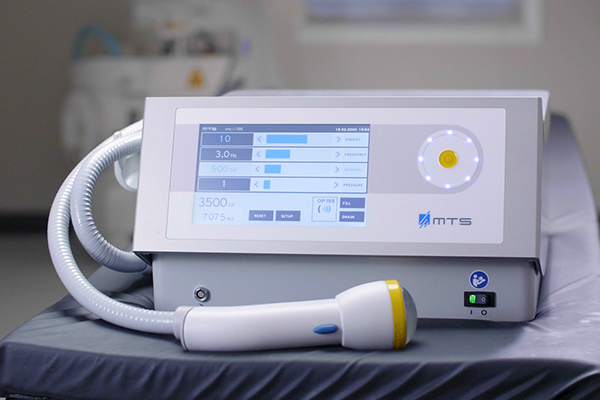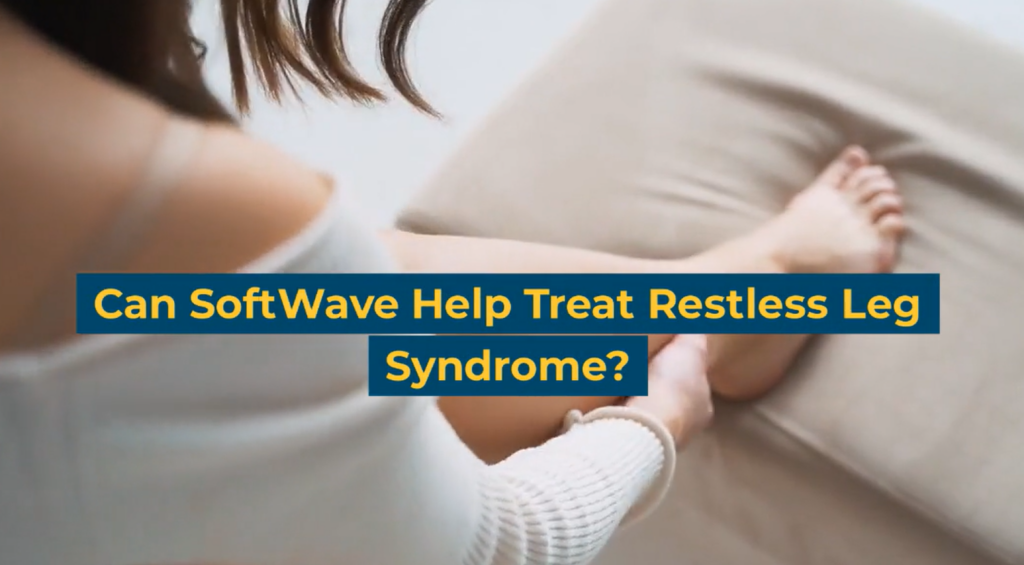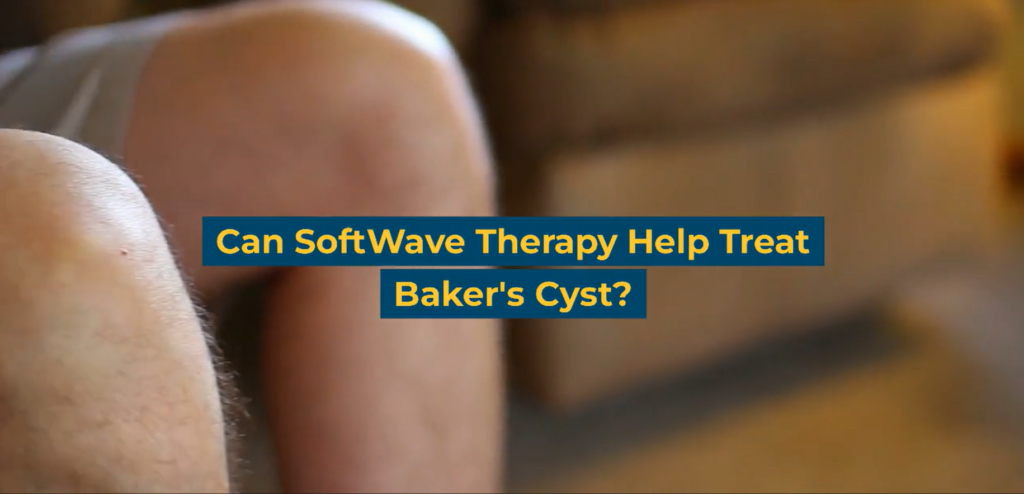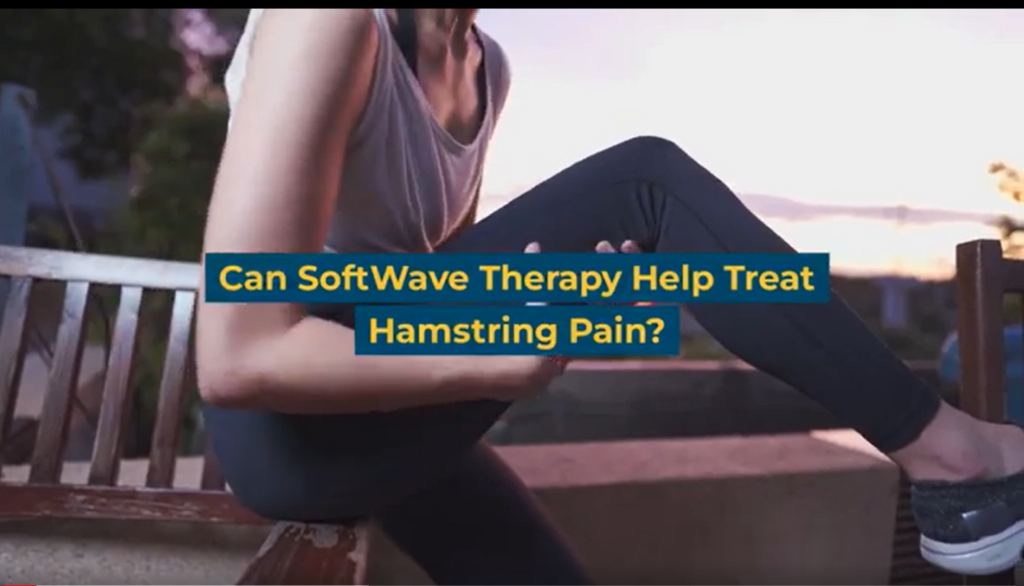Can SoftWave Help Treat a Torn Meniscus?
Home » FAQ » Can SoftWave Help Treat a Torn Meniscus?
Can SoftWave Help Treat a Torn Meniscus?
Among the myriad health conditions that impact millions of people worldwide is a torn meniscus. This common knee injury can significantly affect mobility, lifestyle, and overall knee health. Among other treatments, SoftWave therapy has emerged as a non-invasive alternative for managing and treating this condition. SoftWave’s patented technology helps treat a torn meniscus by stimulating healing, reducing pain, and promoting tissue regeneration.
New Patient Special
Try SoftWave for just $69 at a clinic near you and learn if you’re a candidate for full treatment
Understanding a Torn Meniscus: Causes & Symptoms
A meniscus is a C-shaped piece of cartilage located in the knee that acts as a shock absorber between the thigh bone and shinbone. A torn meniscus typically occurs when this cartilage is forcefully twisted or rotated, often during vigorous activities like sports. According to research studies, the overall prevalence of meniscal tears in the general population ranges from approximately 6% to 20%. However, the incidence and prevalence rates may be higher among certain subgroups, such as athletes or older individuals with degenerative knee conditions.
The symptoms of a torn meniscus are varied but generally include:
- pain
- swelling
- stiffness
- difficulty moving the knee
- the sensation of the knee giving way, or
- an audible popping sensation at the time of injury.
A thorough medical examination, often accompanied by an MRI or ultrasound, is necessary for an accurate diagnosis.
Traditional Treatment Options for Meniscus Tears
Traditional treatment for a torn meniscus often includes physical therapy, pain relievers, and, in severe cases, surgical intervention. These treatments can be effective but might also be accompanied by a significant period of rehabilitation and potential side effects or complications.
What Is SoftWave Therapy & How Does It Work for Torn Meniscus?
SoftWave therapy is a non-invasive treatment option that harnesses the power of shockwave therapy to stimulate the body’s natural healing process. The procedure involves emission of low-intensity shock waves that safely penetrate the skin to reach the damaged tissue underneath.
The introduction of these shock waves to the injury site prompts the release of cytokines and growth factors, molecules that play crucial roles in stimulating cell regeneration. This increase in cellular activity boosts blood flow to the area, accelerating the healing process. When used to treat a torn meniscus, SoftWave therapy aids in the formation of new, healthy cartilage cells, assisting in the repair of the injured tissue.
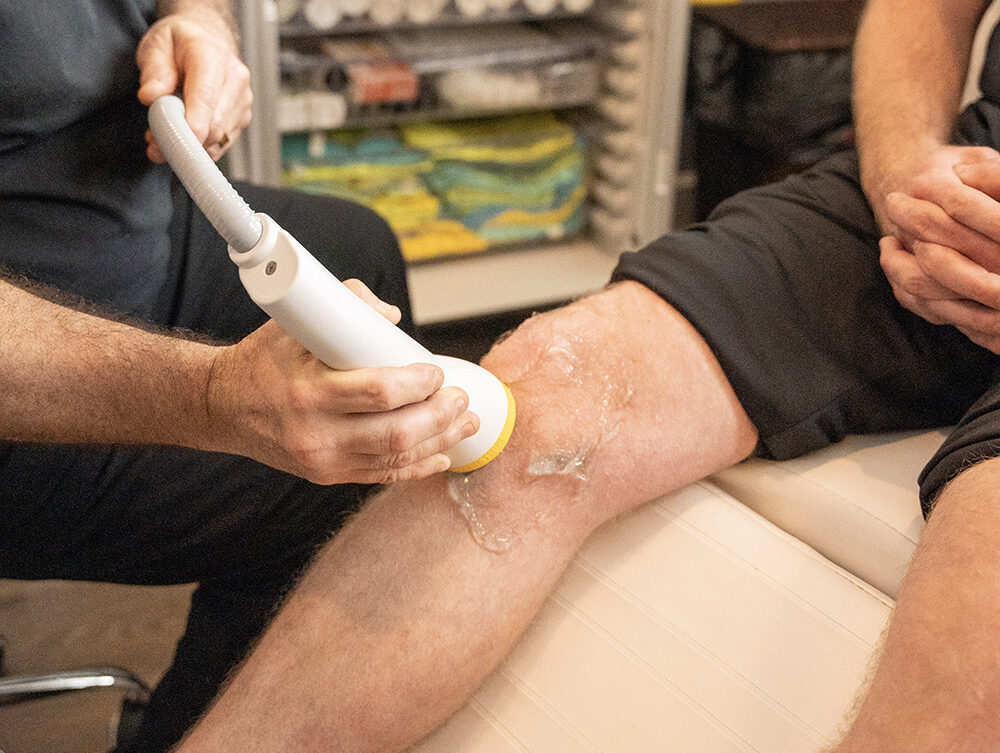
SoftWave therapy is a non-invasive treatment option that harnesses the power of shockwave therapy to stimulate the body’s natural healing process. The procedure involves emission of low-intensity shock waves that safely penetrate the skin to reach the damaged tissue underneath.
The introduction of these shock waves to the injury site prompts the release of cytokines and growth factors, molecules that play crucial roles in stimulating cell regeneration. This increase in cellular activity boosts blood flow to the area, accelerating the healing process. When used to treat a torn meniscus, SoftWave therapy aids in the formation of new, healthy cartilage cells, assisting in the repair of the injured tissue.
It’s important to note that SoftWave therapy is not suitable for all cases of torn meniscus. The suitability of this treatment option depends on various factors, including the severity of the tear, the patient’s overall health, and the recommendations of a healthcare professional.
Advantages & Benefits of SoftWave Therapy for Torn Meniscus Treatment
SoftWave therapy is accompanied by numerous advantages when weighed against traditional treatment options. Being a non-invasive treatment, it is painless and can be administered in an outpatient setting. The therapy significantly reduces recovery time and causes minimal disruption to a patient’s day-to-day activities.
Moreover, while drugs often provide only temporary relief, SoftWave therapy aims to address the root cause of the issue by enhancing your body’s natural healing capabilities, resulting in a more prolonged relief from symptoms and lessening the likelihood of recurring issues.
Embrace Healing with SoftWave Therapy Today
SoftWave therapy offers an effective approach to handling a torn meniscus. If you’re currently dealing with a torn meniscus and are in search of alternatives to traditional treatments, it may be worth exploring the potential of SoftWave therapy. With SoftWave therapy, you’re not just treating the symptoms, but you are also encouraging your body to heal itself, making it a revolutionary step in regenerative medicine.
It’s time to stop letting a torn meniscus control your life. Reach out to our SoftWave therapy providers today to schedule your first appointment.
Disclaimer: The information provided in this blog is for educational and informational purposes only and is not intended as a substitute for professional medical advice, diagnosis, or treatment. The content provided in this blog should not be used to diagnose or treat any health problems or illnesses. Always consult with a qualified healthcare professional before making any changes to your healthcare routine or treatment plan.
